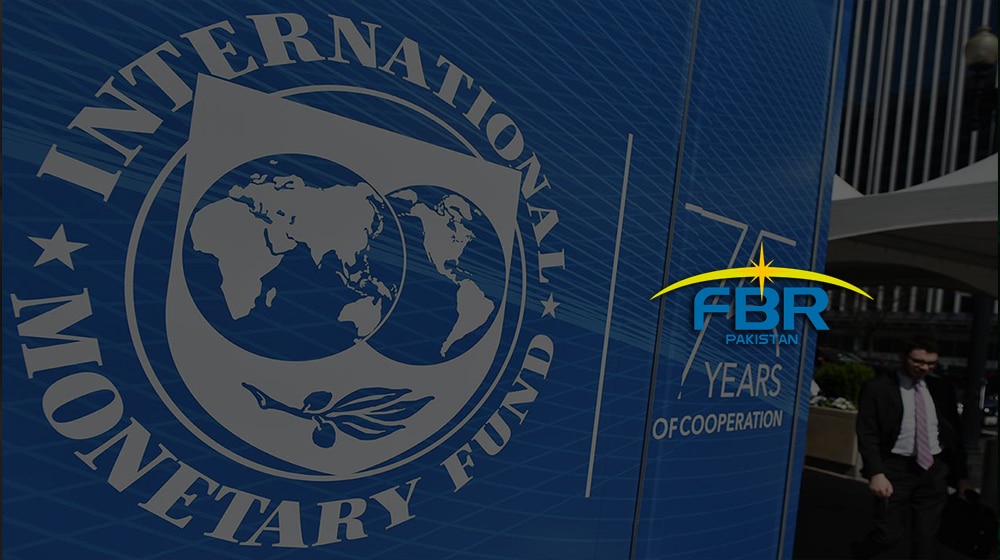
The International Monetary Fund (IMF) has found that the present sales tax in Pakistan suffers from substantial complexity and dysfunctionality resulting in part from the bifurcation of the tax base between goods and services.
The sales tax on goods is levied by the federal government under the Sales Tax Act, while the sales tax on services is levied by the Provincial Governments, except for services rendered or provided in the Islamabad Capital Territory (ICT), where the Federal Government levies sales tax under the ICT (Tax on Services) Ordinance, 2001.
According to sources, the IMF said that this dysfunctionality is exacerbated by an excessive number of special treatments of particular products and sectors, which generally reduces revenue raising and negatively affects administration.
There are multiple tax rates applicable under the federal sales tax. A general rate of 18 percent applies to goods supplied and imported in Pakistan. A higher 25 percent tax rate applies to a wide range of goods imported and supplied in Pakistan and to some locally manufactured vehicles.
Zero-rated supplies and exempt supplies are also provided for, while a large number of categories of goods are subject to around fourteen different reduced rates ranging from half a percent to 17 percent, plus two specific rates. A four percent additional tax is imposed on those who make taxable supplies without registering, IMF added.